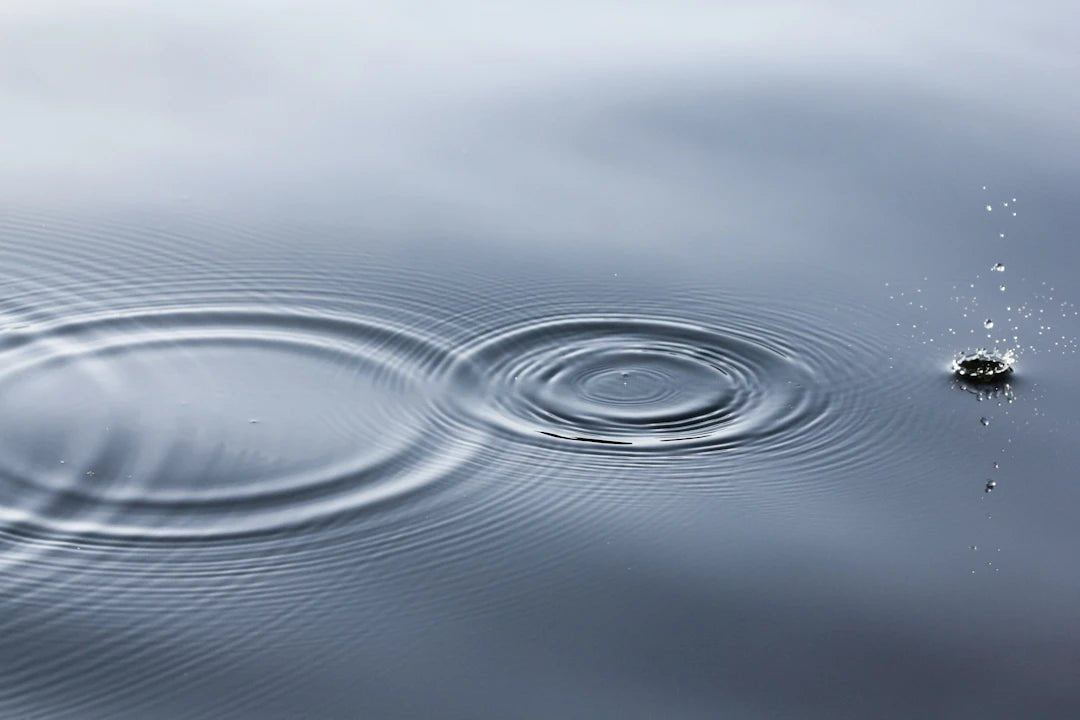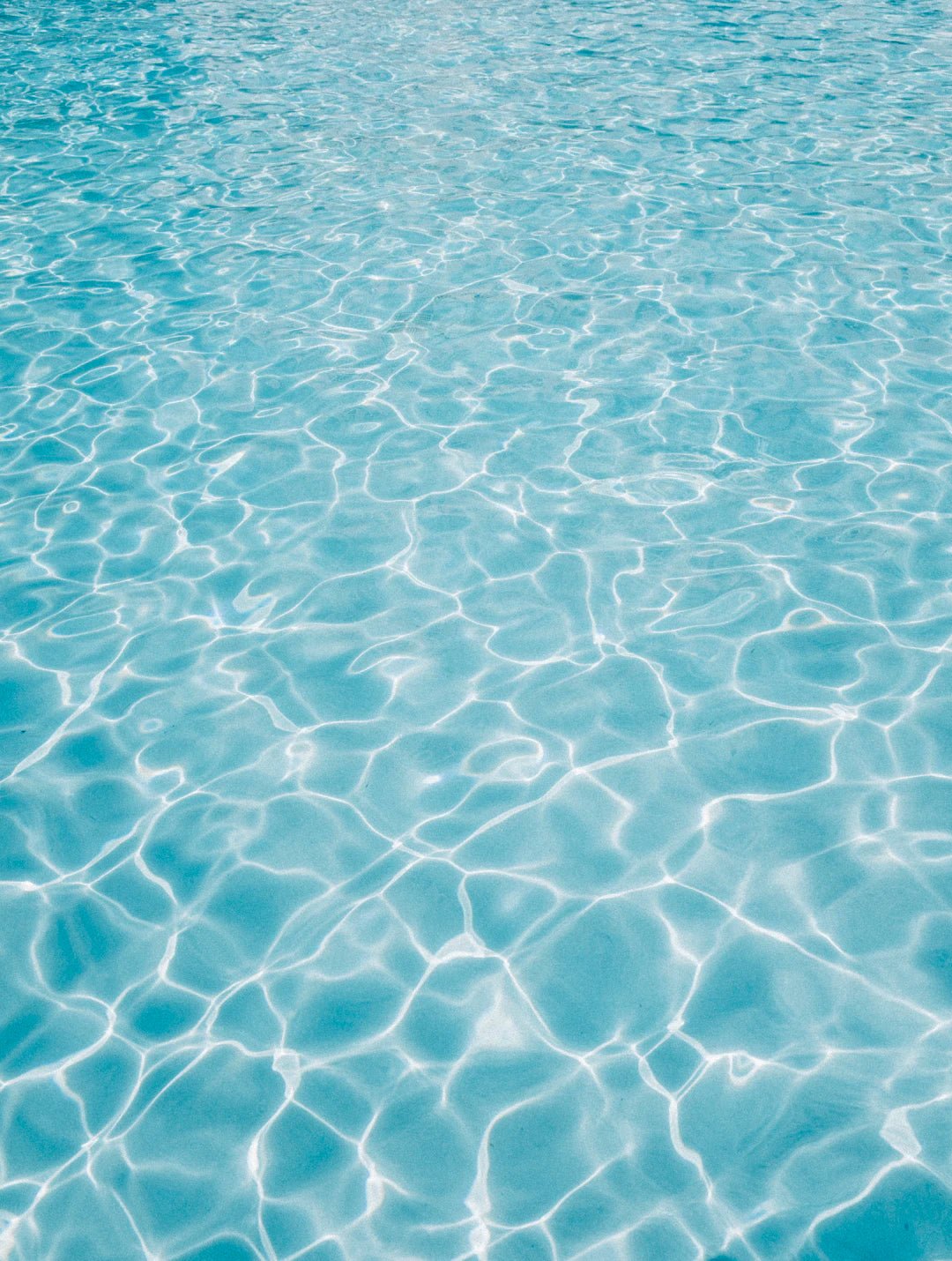City vs. Regional Water Sources: A Comprehensive Guide
Frequently Asked Questions
1. What are the main sources of water in Australia?
2. How does city water differ from regional water?
3. What are the advantages of using a reverse osmosis water filtration system?
4. Why is regular replacement of reverse osmosis filters important?
5. What factors should I consider when choosing between city and regional water?
When it comes to staying hydrated in Australia, the source of your water can significantly impact quality, taste, and health. Understanding the differences between city and regional water sources is essential for making informed choices about water filtration systems. In this article, we will compare city versus regional water supplies and discuss how utilizing a reverse osmosis system, like Rippl Pure, can enhance your water quality. We will also touch upon the importance of reverse osmosis filter replacement for long-term health benefits.
Understanding Water Sources in Australia
Australia's water comes from two primary sources: city water systems and regional water sources. Both offer distinct advantages and challenges regarding quality, taste, and availability. Whether you live in the bustling city center of Sydney or a tranquil rural area like Tasmania, understanding these differences can help you choose the most suitable water for your home.
City Water Sources
City water is sourced from local reservoirs, rivers, and groundwater supplies. It is treated and distributed through extensive networks of pipes before reaching our taps. Here are some key features of city water:
- Regulated Quality Standards: City water is subject to strict government regulations and testing, ensuring it meets specific safety standards set by authorities.
- Chlorination and Fluoridation: Municipal water treatment often includes the process of chlorination to eliminate harmful bacteria. Many Australian cities also add fluoride to promote dental health.
- Accessibility: City water is readily available, flowing through urban infrastructure and making it easily accessible to households.
While city water is reliable, it may contain chemical additives, trace contaminants, and fluctuating mineral levels. This is where a water filtration system, particularly a reverse osmosis system like Rippl Pure, comes into play.
Regional Water Sources
Regional water sources often come from local springs, rivers, and groundwater. They can offer fresher and more naturally sourced water. However, regional water supplies come with their own set of pros and cons:
- Natural Filtration: Many regional sources undergo less processing, which can mean a more natural taste.
- Vulnerability to Contaminants: Regional water may be more susceptible to contamination from agricultural runoff, mining, and other industrial activities.
- Seasonal Variability: Depending on weather conditions, regional sources might face water scarcity, especially during dry seasons.
Though regional water may offer a unique taste and composition, understanding its treatment, transportation, and quality testing is vital to ensure you’re drinking safe water.
The Role of Water Filtration
Regardless of whether you get your water from a city or regional source, investing in a quality water filtration system is crucial. A water filter helps eliminate impurities, ensuring your drinking water is clean and safe.
Why Choose a Reverse Osmosis System?
Reverse osmosis (RO) is a popular choice for water filtration due to its advanced technology that removes a significant amount of contaminants from water. Here’s how a reverse osmosis filter stands out:
- Effective Contaminant Removal: An RO system can remove around 95% to 99% of harmful substances such as heavy metals, chlorine, and fluoride.
- Improved Taste: Filtering out impurities often results in a fresher, more palatable taste, making drinking water more enjoyable.
- Enhanced Safety: The multi-stage filtration process adds an extra layer of protection, ensuring clean water for your family.
Using a product like Rippl Pure in your home can give you peace of mind knowing you are consuming safe, high-quality water made better through a comprehensive filtration process.
The Importance of Reverse Osmosis Filter Replacement
Using a reverse osmosis water filtration system requires regular maintenance to ensure its longevity and effectiveness. One crucial aspect of maintenance is the timely replacement of filters, specifically the reverse osmosis filter replacement. Here’s what you should know:
- Consistent Water Quality: Over time, filters can become saturated with contaminants, reducing their effectiveness in purifying your water. Regular replacements ensure optimal filtration.
- System Longevity: Replacing filters when needed can extend the lifespan of your filtration system, preventing potential damage to the unit itself.
- Cost-Effectiveness: Although there’s an upfront cost, regular filter replacements can save you from spending more on bottled water and other alternatives.
Stay proactive about replacing your filters by setting reminders based on your filter usage or as specified by your water filtration system’s guidelines.
Choosing the Best Water for Your Needs
Deciding between city and regional water sources depends primarily on your location, preferences, and health considerations. Here are some factors to consider:
- Quality Testing: Determine the quality of your local water supply through available reports. Many cities publish water quality reports, and regional supplies may have data available through local health departments.
- Health Needs: If you have specific health concerns, such as allergies or sensitivities, treating your water with a filtration system may be highly beneficial.
- Taste Preferences: Some people have a preference for the taste of regional water, while others find city water meets their needs just fine.
By weighing these factors and utilizing a water filtration system, you can make the most informed choice about your water sources.
Environmental Considerations
In addition to health and taste, considering the environmental impact of your water sources and filtration choices is increasingly essential, particularly in a climate-sensitive country like Australia. Here are some eco-friendly practices you can adopt:
- Limit Plastic Waste: By investing in a water filtration system, you reduce the need for bottled water, minimizing plastic waste.
- Conserve Water: Efficient water filtration systems typically use less water when combined with proper installation and maintenance practices.
- Choose Sustainable Brands: Align with brands that practice sustainability and environmental responsibility, such as Rippl Pure.
Being mindful of the environment while ensuring you have access to clean water is an essential step towards sustainability.
Optimizing Your Water Experience
Now that you know the differences between city and regional water, as well as the advantages of using a reverse osmosis water filtration system, it’s time to make sure you’re optimizing your overall water experience. Here are some tips:
- Regular Testing: Besides regular filter replacements, consider testing your water periodically to monitor its quality.
- Hydration Awareness: Staying hydrated is key to overall health. Monitor your water intake and ensure you drink enough water daily.
- Educate Yourself: Understanding the nuances of your local water sources enhances your ability to make the safest and healthiest choices.
Taking these steps not only promotes better hydration but also contributes to a healthier lifestyle overall.
Unlocking the Best Water Solutions for Australia
As you navigate the complexities of water sources in Australia, remember that you are not alone in your quest for optimal hydration. Whether you choose city or regional water, consider investing in a water filtration system such as Rippl Pure to elevate your water quality. With proper maintenance and regular reverse osmosis filter replacement, you can ensure that your water experience is not only safe and healthy but also perfectly tailored to meet your needs.
Stay informed, take action, and enjoy all the benefits that come with clean, tasty water. Here’s to a healthier, hydrated future!



